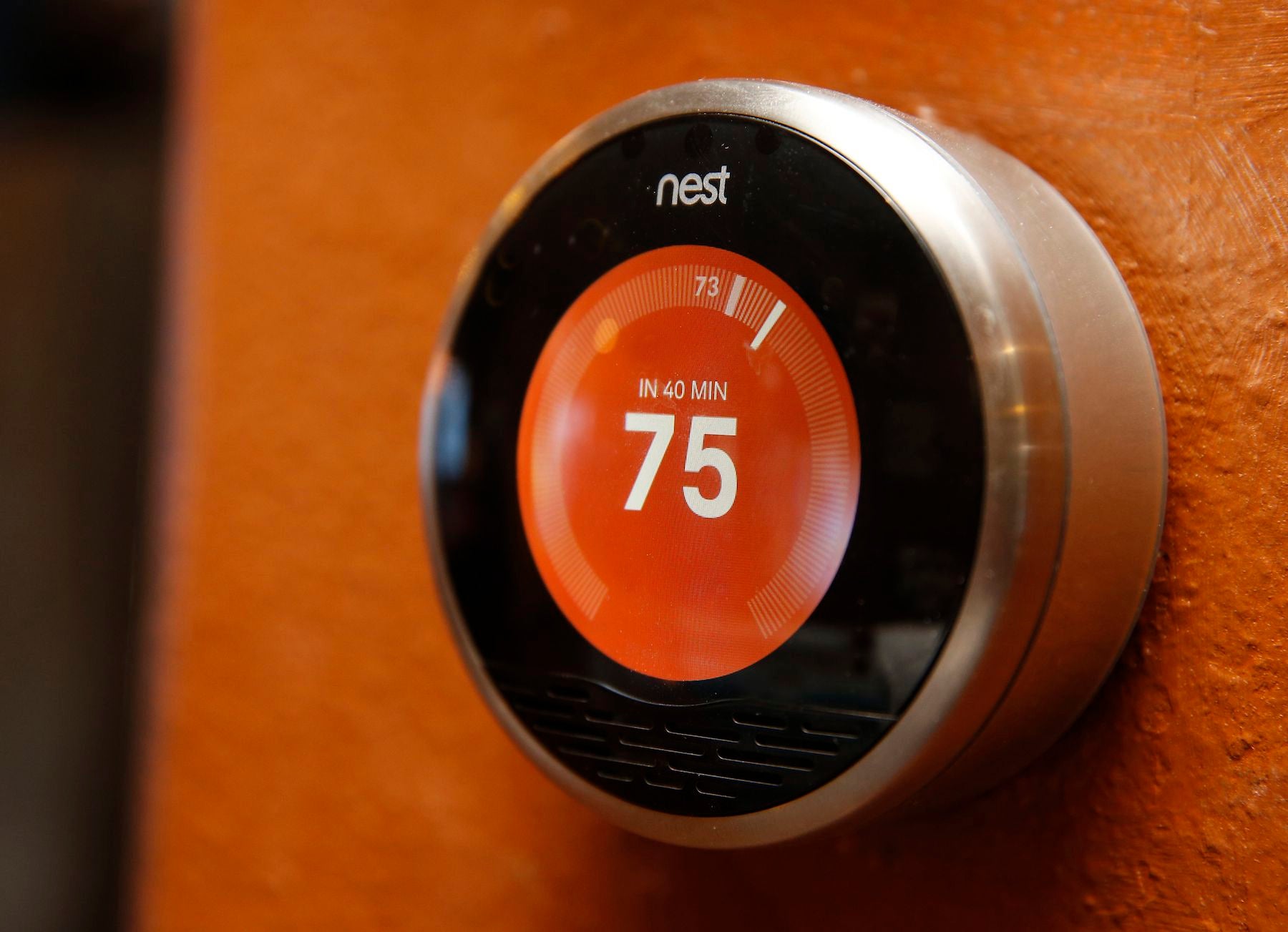Will people let Dropcam see into their homes when it’s owned by Google?
Nest, which makes internet-connected smart devices for the home, has bought Dropcam, which makes cameras that monitor the home, for $555 million. Nest was itself acquired by Google back in January for $3.2 billion.

Nest, which makes internet-connected smart devices for the home, has bought Dropcam, which makes cameras that monitor the home, for $555 million. Nest was itself acquired by Google back in January for $3.2 billion.
“Eventually, the plan is for us to work together to reinvent products that will help shape the future of the conscious home and bring our shared vision to more and more people around the world,” Nest co-founder Matt Rogers said. Both companies make products for the internet of things, an all-compassing term for devices that become more useful when connected to the web.
Dropcam sells cameras that let you see what’s going on at home over the web, and also allows you to store recordings in the cloud. The company says that almost 40% of its customers pay for cloud recording. The company began when co-founder Greg Duffy tried to help his father determine which neighbor’s dog was pooping on his lawn.
The acquisition means that Google adds home monitoring to thermostats, smoke detectors, laptops, and robots as its hardware offerings grow. Both Nest and Dropcam make their money by selling hardware and subscriptions. With Google making more than 90% of its revenue from advertising, it moved quickly to assuage fears that Google would peer into your house and let marketers know how you like your morning coffee.
Rogers said Dropcam will come under Nest’s privacy policy, which explicitly states that it needs a user’s permission to share their data with third parties, including Google. Nest’s Fadell has vowed that ”we have no changes planned” to that policy.